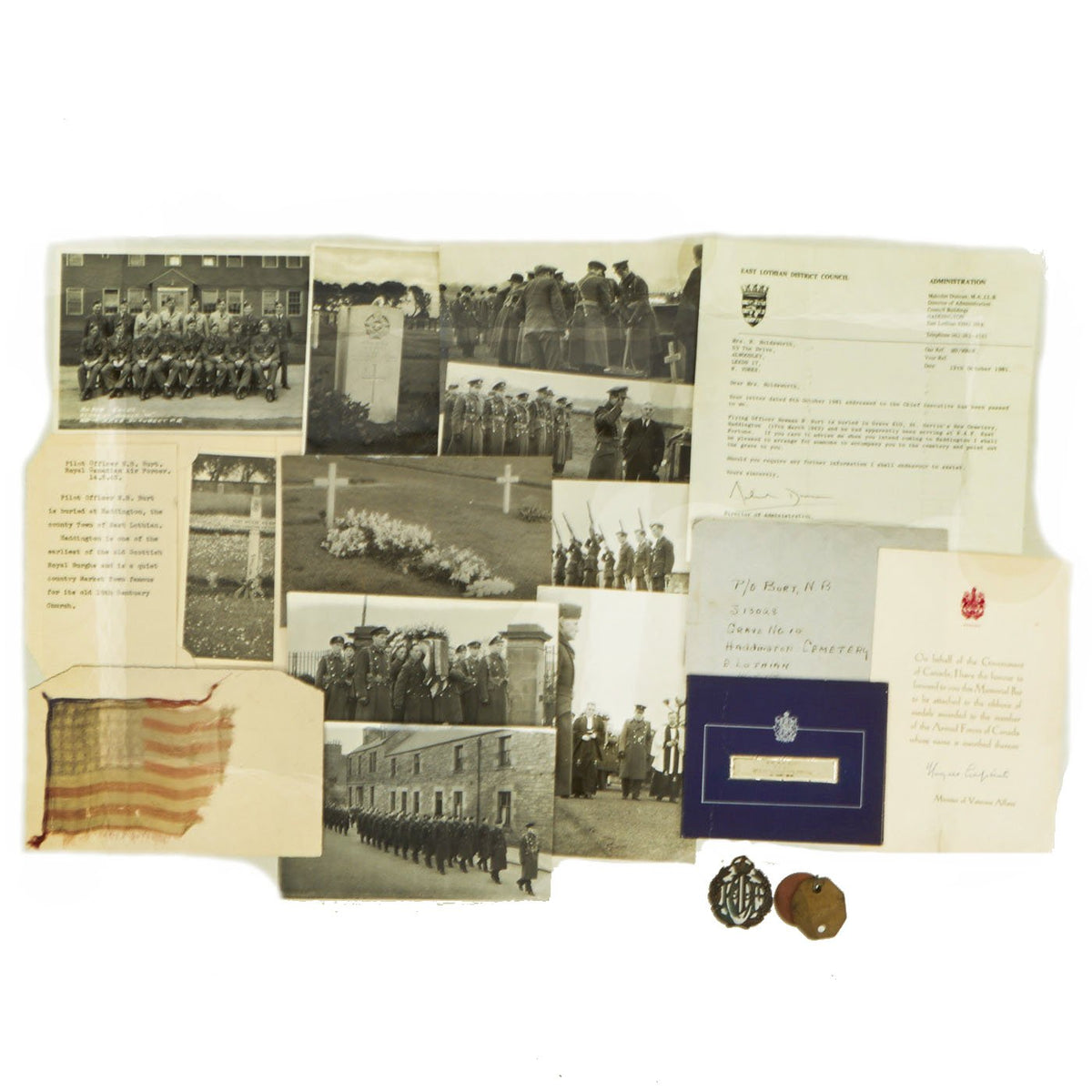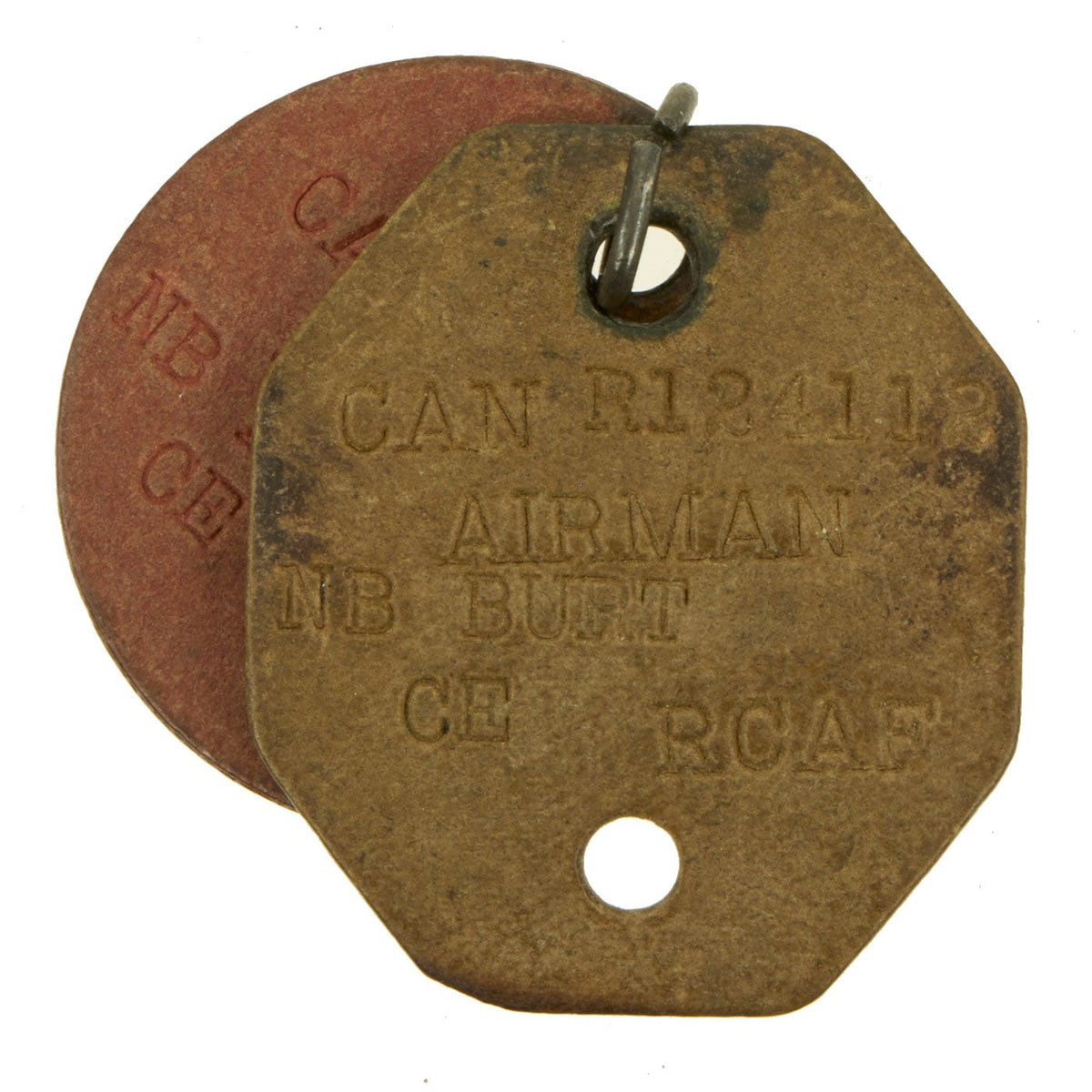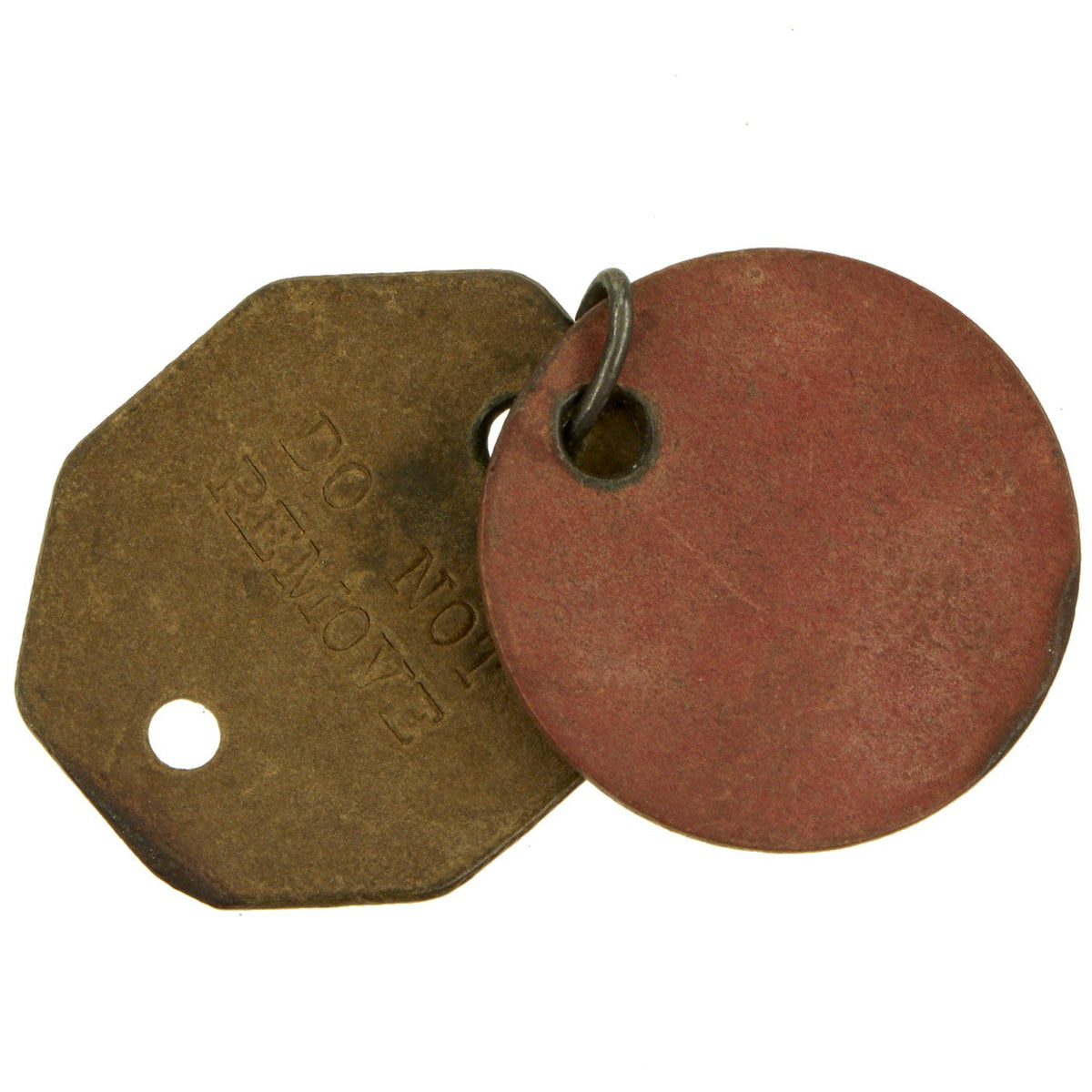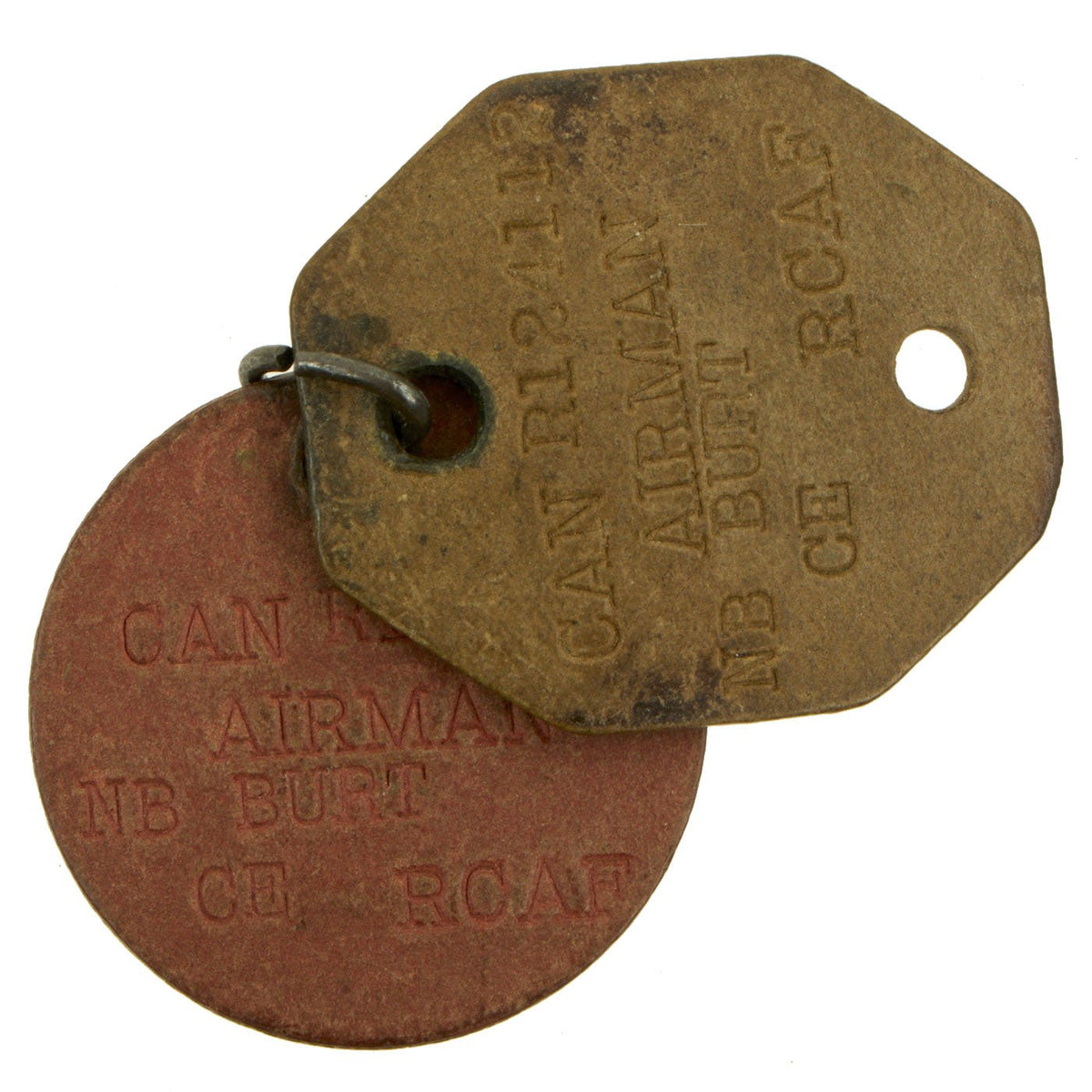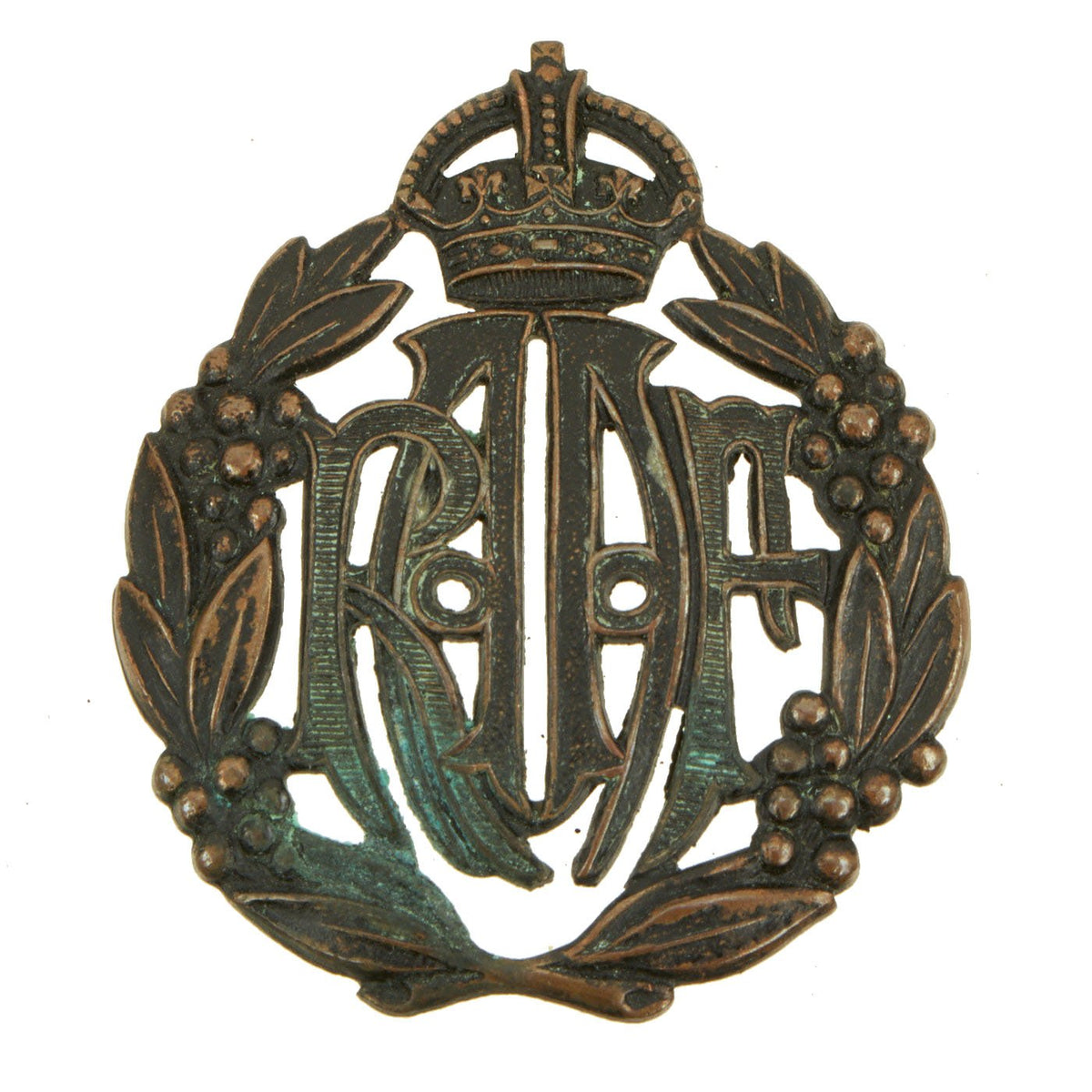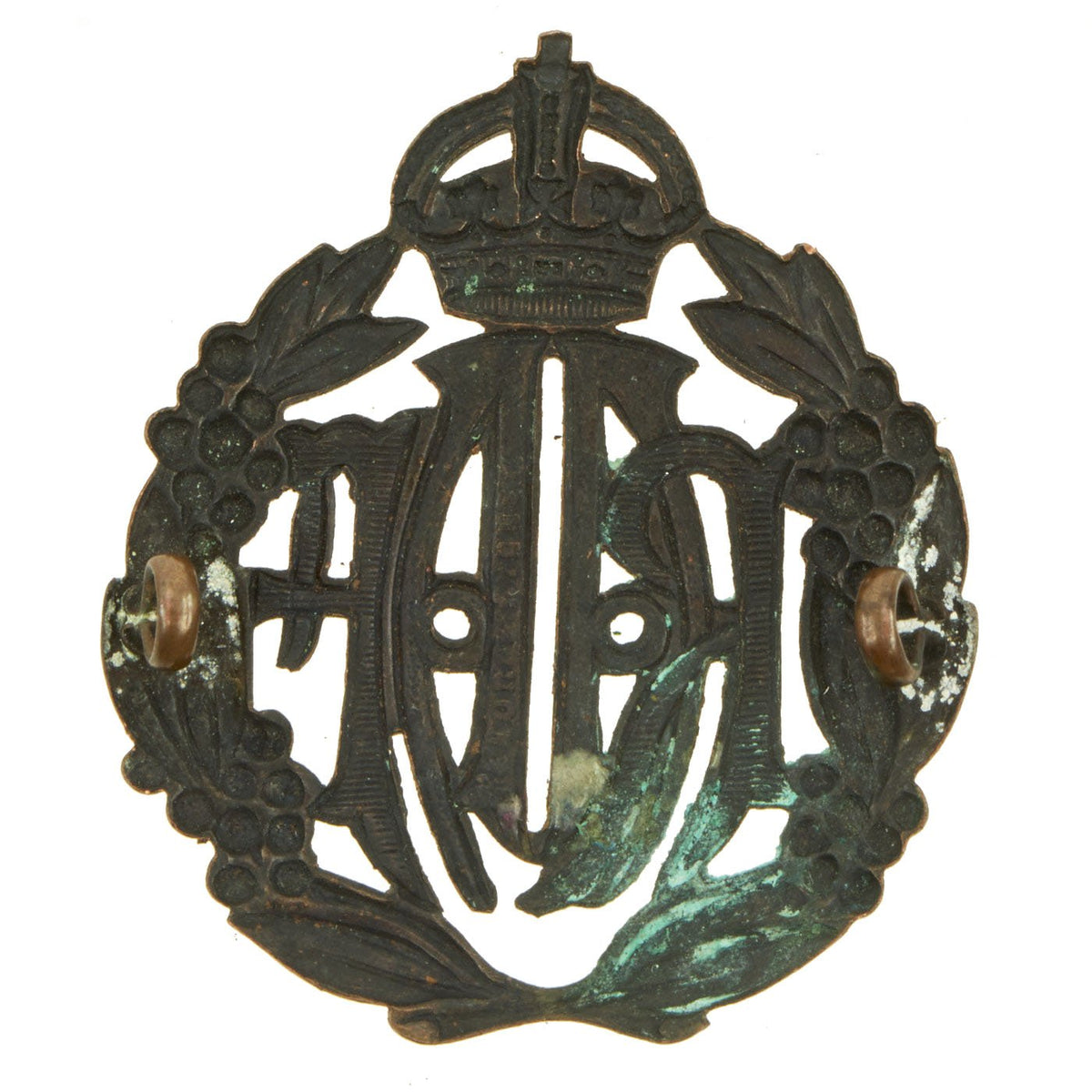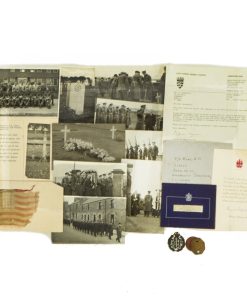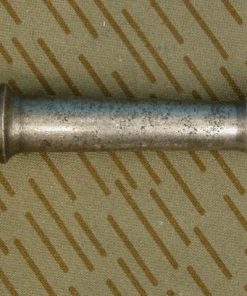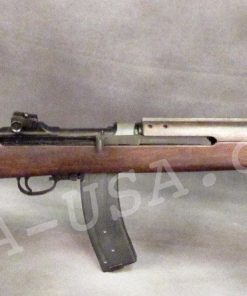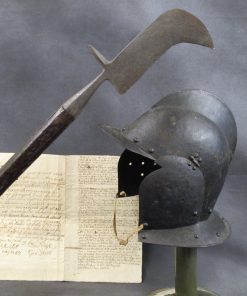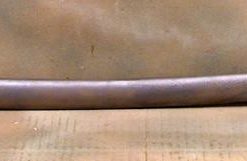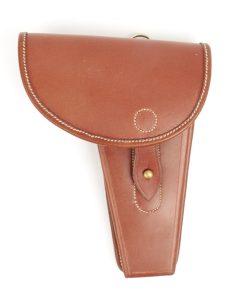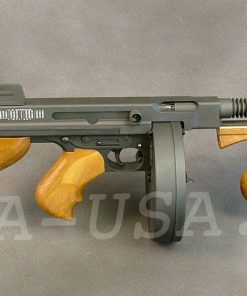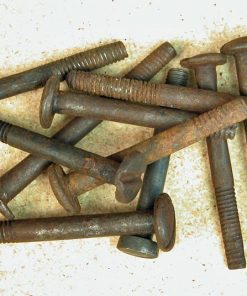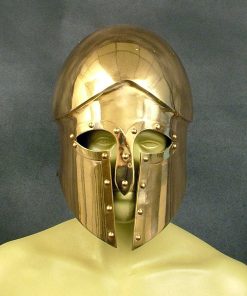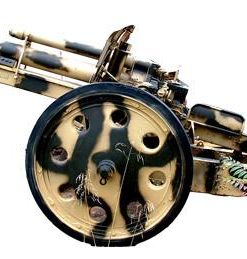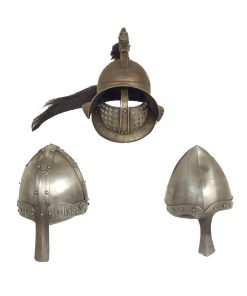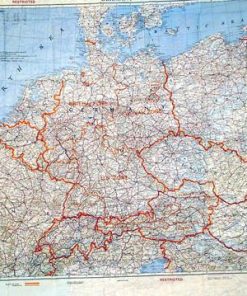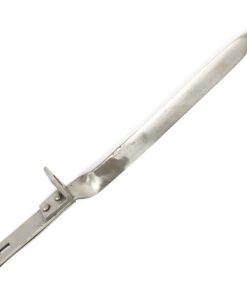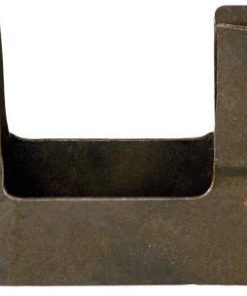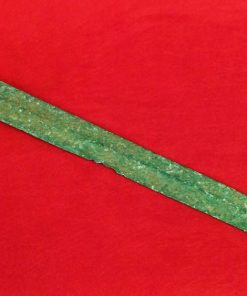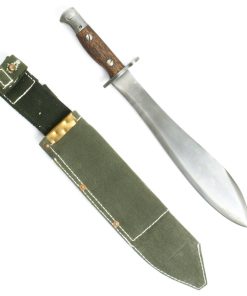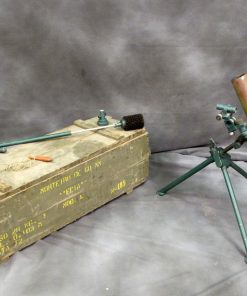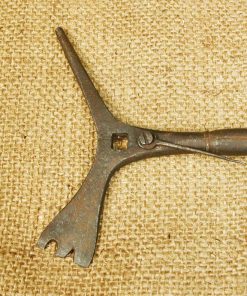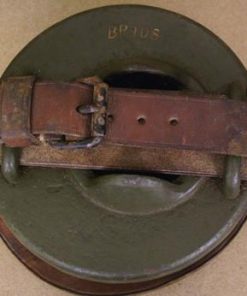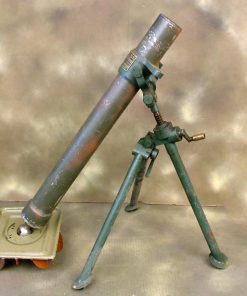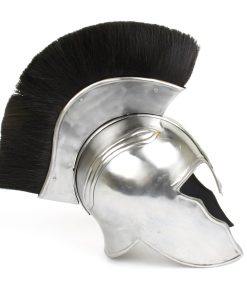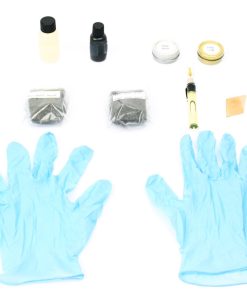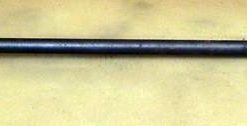Original Canadian WWII RCAF Eagle Squadron KIA Pilot Officer Newman B. Burt Historical Archive Original Items
$ 595,00 $ 178,50
Original Items: One-of-a-kind. The Eagle Squadrons were three fighter squadrons of the Royal Air Force (RAF) formed with volunteer pilots from the United States during the early days of World War II (circa 1940), prior to America’s entry into the war in December 1941.
With the United States still neutral, many Americans simply crossed the border and joined the Royal Canadian Air Force (RCAF) to learn to fly and fight. Many early recruits had originally gone to Europe to fight for Finland against the Soviet Union in the Winter War.
Royal Canadian Air Force Pilot Officer Newman B. Burt was an American volunteer in the RCAF and was killed in action on March 14th, 1943. He was buried in grave E10, St. Martin’s New Cemetery, Haddington, East Lothian, Scotland in March 17th, 1943. Included in this collection are his original RCAF dog tags, original photos of his internment ceremony, original correspondence and more. As this came from a massive private collection we believe we unknowingly sold his visor cap, earlier this year, which can be seen at this link.
RCAF material from WWII is extremely difficult to find. Offered in overall excellent condition with a few minor nips here and there. Ready to display!
Charles Sweeny, a wealthy businessman living in London, persuaded the British Government to form an RAF squadron composed of Americans. (His uncle, also named Charles Sweeny, had been working along similar lines, recruiting American pilots to fight in France. Sweeny’s efforts were also coordinated in Canada by the World War I air ace Billy Bishop and the artist Clayton Knight, who formed the Clayton Knight Committee, which by the time the United States entered the war, had processed and approved 6,700 applications from Americans to join the RCAF or RAF. Sweeny and his rich society contacts bore the cost (over $100,000) of processing and sending the men to the United Kingdom for training.
The Canadian Air Force (CAF) was established in 1920 as the successor to a short-lived two-squadron Canadian Air Force that was formed during the First World War in Europe. John Scott Williams, MC, AFC, was tasked in 1921 with organizing the CAF, handing command over later the same year to Air Marshal Lindsay Gordon. The new Canadian Air Force was a branch of the Air Board and was chiefly a training militia that provided refresher training to veteran pilots. Many CAF members also worked with the Air Board’s Civil Operations Branch on operations that included forestry, surveying and anti-smuggling patrols. In 1923, the CAF became responsible for all flying operations in Canada, including civil aviation. In 1924, the Canadian Air Force, was granted the royal title, becoming the Royal Canadian Air Force (RCAF). Most of its work was civil in nature; however, in the late 1920s the RCAF evolved into more of a military organization. After budget cuts in the early 1930s, the air force began to rebuild.
During the Second World War, the RCAF was a major contributor to the British Commonwealth Air Training Plan and was involved in operations in Great Britain, Europe, the north Atlantic, North Africa, southern Asia, and with home defense. By the end of the war, the RCAF had become the fourth largest allied air force. During WWII the Royal Canadian Air Force was headquartered in 20-23 Lincolns Inn Fields, London. A commemorative plaque can be found on the outside of the building.
Fast Shipping with Professional Packaging
Thanks to our longstanding association with UPS FedEx DHL, and other major international carriers, we are able to provide a range of shipping options. Our warehouse staff is expertly trained and will wrap your products according to our exact and precise specifications. Prior to shipping, your goods will be thoroughly examined and securely secured. We ship to thousands clients each day across multiple countries. This shows how we're dedicated to be the largest retailer on the internet. Warehouses and distribution centres can be located throughout Europe as well as the USA.
Note: Orders with more than one item will be assigned a processing date depending on the item.
Before shipping before shipping, we'll conduct a thorough inspection of the items you have ordered. Today, the majority of orders will be delivered within 48 hours. The delivery time will be between 3-7 days.
Returns
The stock is dynamic and we cannot completely manage it because multiple stakeholders are involved, including our factory and warehouse. So the actual stock may alter at any time. It's possible that you may not receive your order once the order has been made.
Our policy is valid for a period of 30 days. If you don't receive the product within 30 days, we are not able to issue a refund or an exchange.
You can only return an item if it is unused and in the same state as the day you received it. You must have the item in its original packaging.
Related products
Uncategorized
Uncategorized
Armored Burgonet Helmet & Polearm from Scottish Castle Leith Hall Circa 1700 Original Items
Uncategorized
Uncategorized
Armoured Fighting Vehicles of the World: AFVs of World War One (Hardcover Book) New Made Items
Uncategorized
Uncategorized
Uncategorized
Uncategorized
Band of Brothers ORIGINAL GERMAN WWII Le. F.H. 18 10.5cm ARTILLERY PIECE Original Items
Uncategorized
Uncategorized
Uncategorized
Uncategorized
Uncategorized
Uncategorized
Uncategorized
Uncategorized
